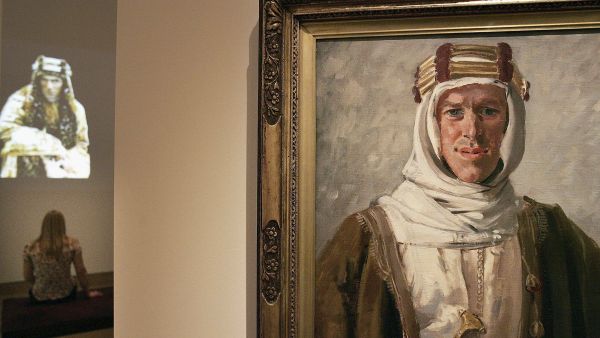Dubai: Had 14th century Islamic scholar and traveller Ibn Battuta been alive today, he would have surely had a Facebook account, made the most of frequent flyer miles during his trips worldwide and probably visited the shopping mall in Dubai named after him, though he would have found it extremely difficult to narrate his experiences in the 140-character limitation of a tweet.
That was the tongue-in-cheek view of veteran British travel writer Tim Macintosh-Smith, who regaled a crowded auditorium at the InterContinental Hotel in Dubai Festival City on Friday evening as part of the Emirates Airline Festival of Literature. Macintosh-Smith, variously referred to as the Sage of Sana'a, the Latter Day Lawrence of Arabia and a footnote fetishist, was in conversation with Aspen Aman about travelling in the footsteps of Ibn Battuta.
Considered one of the greatest travellers of all time, the Tangiers-born Ibn Batutta's travel diaries are among the most valuable sources of information about the medieval age in general and Arab influence and polity in particular. He wandered from Al Hambra to Zanzibar, the Maldives to China, Timbaktu to Samarkhand, cataloguing his experiences and observations in a total travelling distance said to extend more than 75,000 miles. Macintosh-Smith, who has been living in the Yemeni capital Sana'a for the past 25 years and is retracing the journeys of the Moroccan traveller in the old Islamic world, said he felt as if he was travelling alongside Ibn Battuta, beyond the barriers of space and time, instead of venturing out more than six centuries after him.
"Unlike other travellers before or after him, Ibn Battuta, or IB as I call him, focused on the things that the Creator has created. In this sense, his was a wonderful spiritual journey cataloguing things and events as he perceived them, not merely recording his journey from point to point," Macintosh-Smith said. Landfalls, the third book in Macintosh-Smith's series of travel writing recapturing the intimate journeys of Ibn Battuta, was released to critical acclaim last year. Along with his earlier published Travels with A Tangerine (2001), and The Hall of a Thousand Columns (2005), Landfalls constitutes a trilogy where readers can get as close up to the original experience as possible.
Narrating several anecdotes through the session, Macintosh-Smith highlighted how the journeys were the same but with a distinctly modern scene setting: the corrupt immigration officer at Guinea who would only free the author if he paid a ransom of millions (in local currency) in lieu of a visa; a "forbidden" experience in Mauritania after the latest coup; an Islamic scholar denying Ibn Battuta ever visited his village and chastised the local judge for keeping a girlfriend — simply because the scholar is a descendant of the judge; the grim experience of visiting the same forest grove in India's Madhya Pradesh where the Moroccan traveller had witnessed women jumping onto their husband's funeral pyres as part of the Hindu ritual of Sati — now banned but with reminders still all around.
By AHMED RAMZAN








